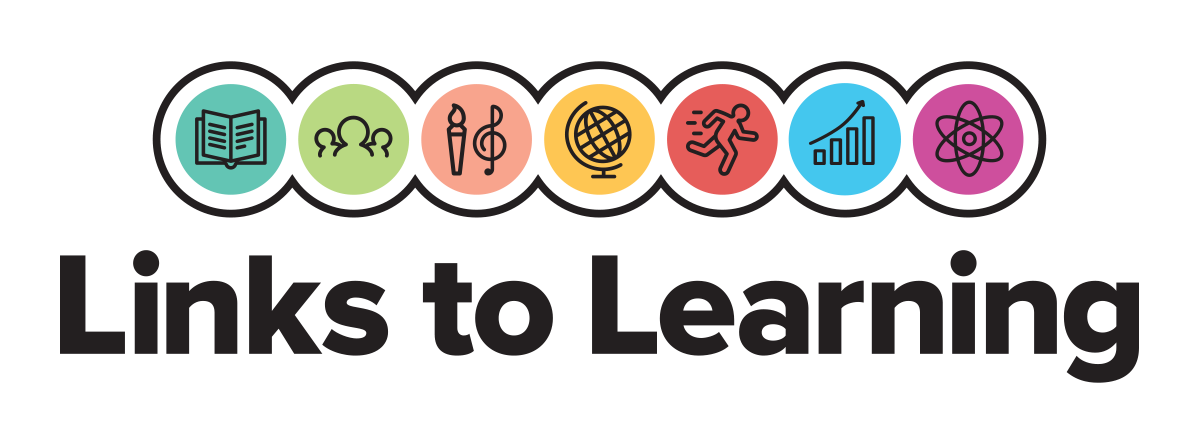- View All
- Topics
- Search
Topics
Blog Archive
-
2024 (8)
- April (2)
- March (2)
- February (2)
- January (2)
-
2023 (15)
- December (2)
- November (2)
- October (2)
- September (1)
- August (1)
- July (1)
- June (1)
- May (1)
- April (1)
- March (1)
- February (1)
- January (1)
-
2022 (13)
- December (1)
- November (1)
- October (1)
- September (1)
- August (2)
- July (1)
- June (1)
- May (1)
- April (1)
- March (1)
- February (1)
- January (1)
-
2021 (16)
- December (1)
- November (1)
- October (1)
- September (2)
- August (1)
- July (1)
- June (1)
- May (2)
- April (1)
- March (2)
- February (2)
- January (1)
-
2020 (11)
- December (1)
- October (2)
- September (1)
- August (1)
- July (1)
- May (2)
- March (1)
- February (1)
- January (1)
-
2019 (12)
- December (1)
- November (1)
- October (1)
- September (1)
- August (1)
- July (1)
- May (2)
- April (1)
- March (1)
- February (1)
- January (1)
-
2018 (12)
- December (1)
- November (1)
- October (1)
- September (1)
- August (1)
- July (1)
- June (1)
- May (1)
- April (1)
- March (1)
- February (1)
- January (1)
-
2017 (12)
- December (1)
- November (1)
- October (1)
- September (1)
- August (1)
- July (1)
- June (1)
- May (1)
- April (1)
- March (1)
- February (1)
- January (1)
-
2016 (12)
- December (1)
- November (1)
- October (1)
- September (1)
- August (1)
- July (1)
- June (1)
- May (1)
- April (1)
- March (1)
- February (1)
- January (1)
-
2015 (12)
- December (1)
- November (1)
- October (1)
- September (1)
- August (1)
- July (1)
- June (1)
- May (1)
- April (1)
- March (1)
- February (1)
- January (1)
-
2014 (6)
- December (1)
- November (1)
- October (1)
- September (1)
- May (1)
- April (1)




What Age Should My Child Start Preschool?
When should I enroll my child in preschool?
Preschool age is typically defined as 3-5 years old. However, there are many early childhood programs that begin providing care as young as infants and toddlers! These programs recognize the critical importance of early childhood development and aim to provide a supportive and nurturing environment.
You know what’s best for your child and should enroll when the timing feels right for your family. While age eligibility is an important guideline, it’s equally important to assess your family’s unique circumstances, such as work schedules, financial situation, and other commitments, before enrolling your child in preschool.
The great thing about our Links to Learning curriculum is that anytime is a good time! At each stage of the preschool journey, we introduce new concepts and skills while reviewing and reinforcing existing skills. Each skill builds upon the next as your child advances and develops. We employ a range of strategies to ensure that your child’s educational journey is uniquely tailored to their needs.
What are the benefits of my child attending preschool?
Enrolling your child in preschool offers numerous benefits that can significantly contribute to their overall growth including:
What should I do if I want to enroll in preschool?
If you’re considering preschool for your child, touring prospective schools is an essential step in the decision-making process. You can observe the programs in action, meet teachers and staff, and learn more about their curriculum.
If you’re interested in learning about how our Links to Learning curriculum can help your child grow, learn, and thrive, contact us today.